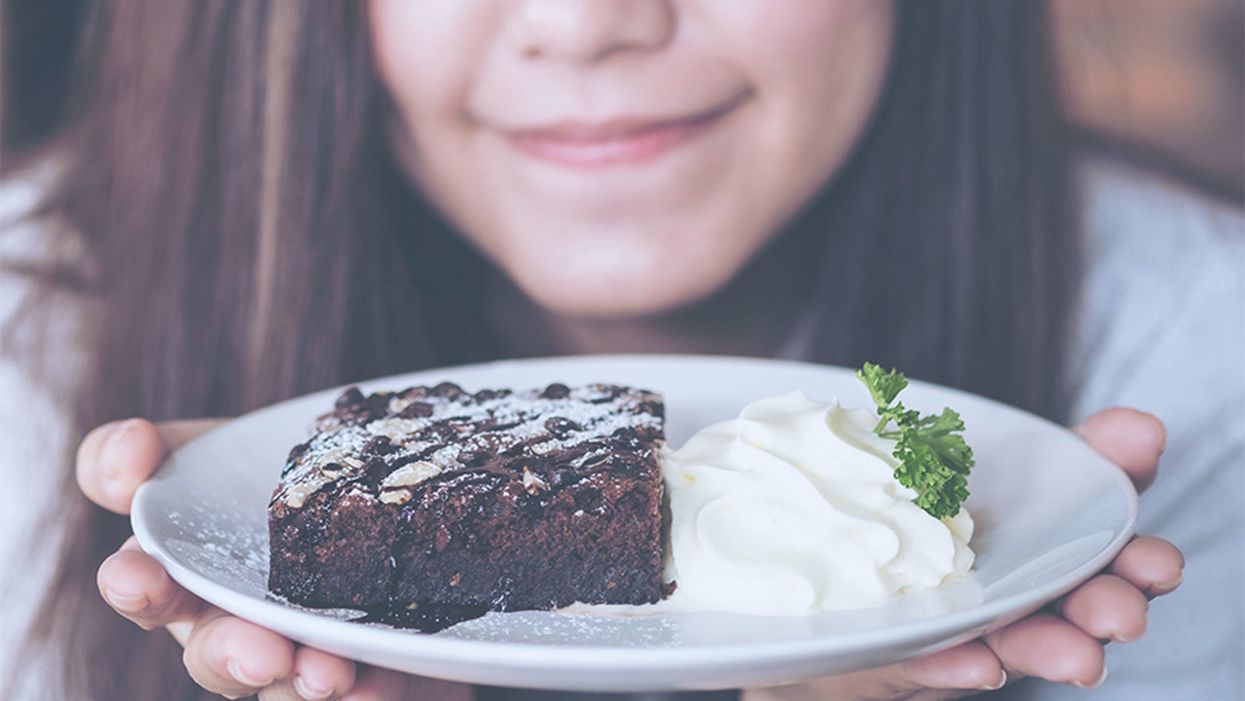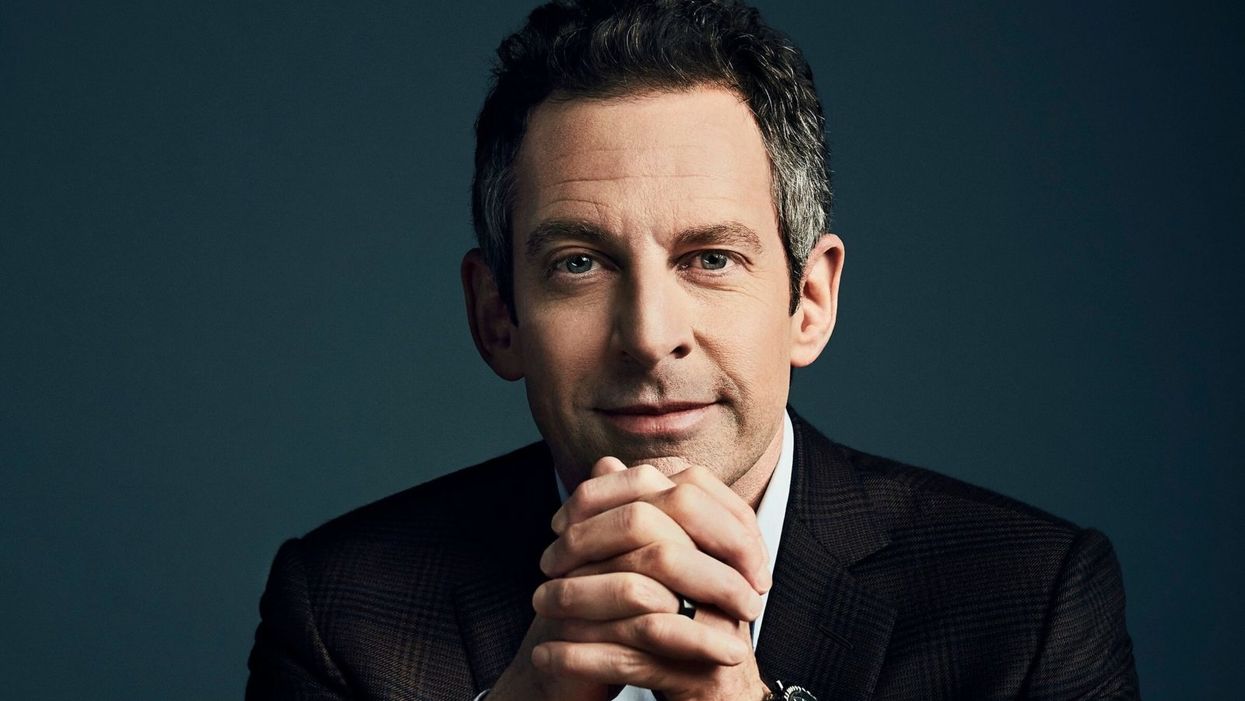Dec. 17th Event: The Latest on Omicron, Boosters, and Immunity
Kira Peikoff was the editor-in-chief of Leaps.org from 2017 to 2021. As a journalist, her work has appeared in The New York Times, Newsweek, Nautilus, Popular Mechanics, The New York Academy of Sciences, and other outlets. She is also the author of four suspense novels that explore controversial issues arising from scientific innovation: Living Proof, No Time to Die, Die Again Tomorrow, and Mother Knows Best. Peikoff holds a B.A. in Journalism from New York University and an M.S. in Bioethics from Columbia University. She lives in New Jersey with her husband and two young sons. Follow her on Twitter @KiraPeikoff.
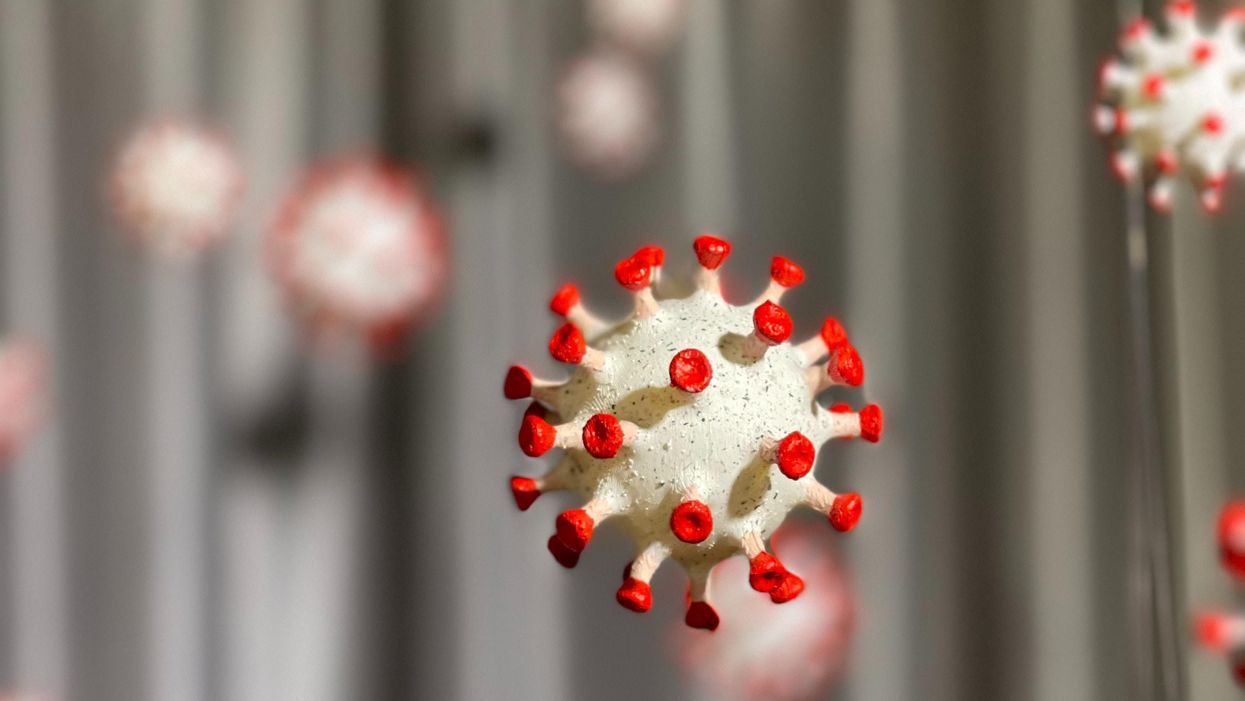
The Omicron variant poses new uncertainty for the vaccines, which four leading experts will address during our virtual event on December 17th, 2021.
This virtual event will convene leading scientific and medical experts to discuss the most pressing questions around the new Omicron variant, including what we know so far about its ability to evade COVID-19 vaccines, the role of boosters in eliciting heightened immunity, and the science behind variants and vaccines. A public Q&A will follow the expert discussion.
EVENT INFORMATION:
Date: Friday Dec 17, 2021
2:00pm - 3:30pm EST
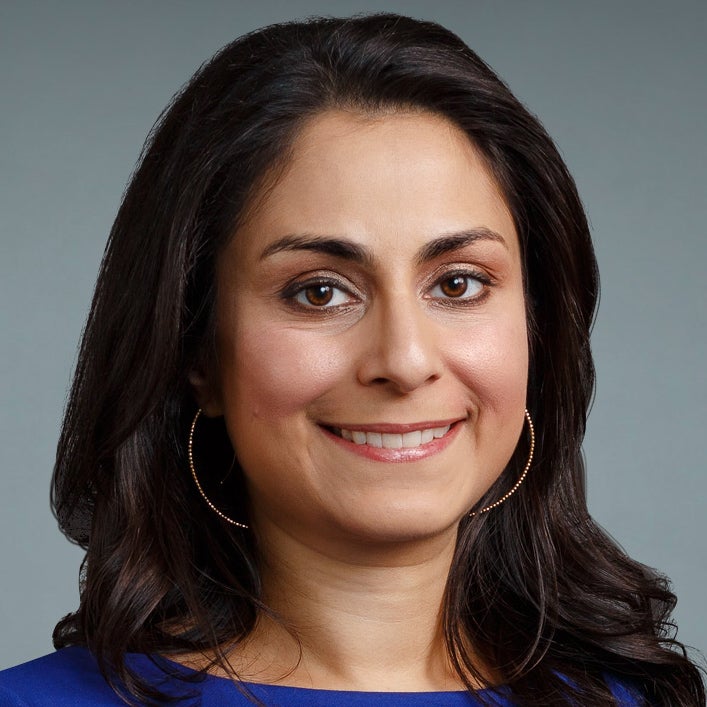
Dr. Céline Gounder, MD, ScM, is the CEO/President/Founder of Just Human Productions, a non-profit multimedia organization. She is also the host and producer of American Diagnosis, a podcast on health and social justice, and Epidemic, a podcast about infectious disease epidemics and pandemics. She served on the Biden-Harris Transition COVID-19 Advisory Board.
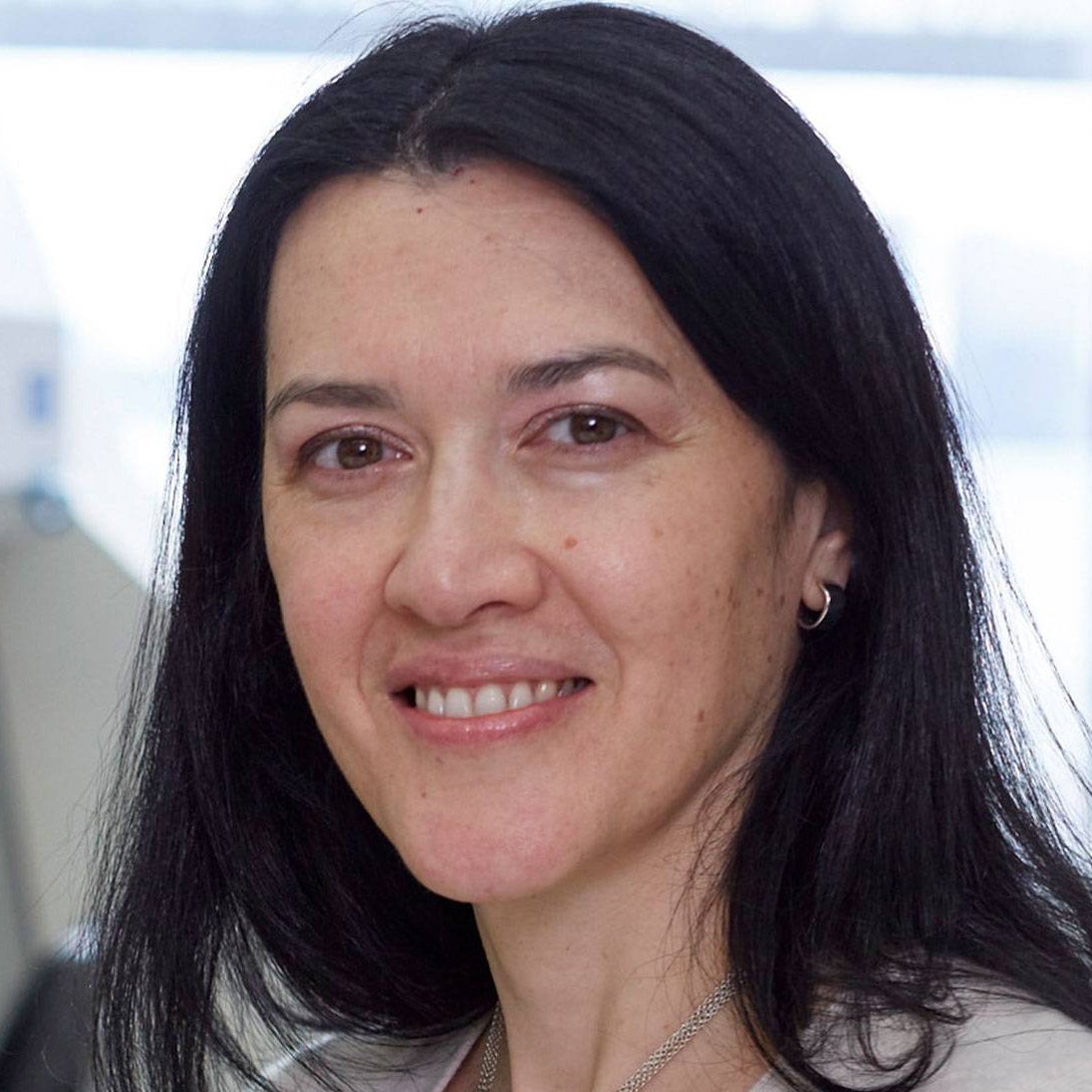 Dr. Theodora Hatziioannou, Ph.D., is a Research Associate Professor in the Laboratory of Retrovirology at The Rockefeller University. Her research includes identifying plasma samples from recovered COVID-19 patients that contain antibodies capable of neutralizing the SARS-CoV-2 coronavirus.
Dr. Theodora Hatziioannou, Ph.D., is a Research Associate Professor in the Laboratory of Retrovirology at The Rockefeller University. Her research includes identifying plasma samples from recovered COVID-19 patients that contain antibodies capable of neutralizing the SARS-CoV-2 coronavirus.
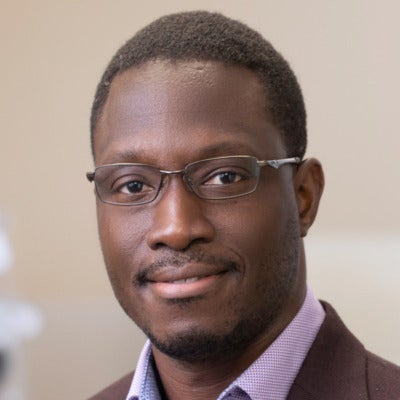
Dr. Onyema Ogbuagu, MBBCh, is an Associate Professor at Yale School of Medicine and an infectious disease specialist who treats COVID-19 patients and leads Yale’s clinical studies around COVID-19. He ran Yale’s trial of the Pfizer/BioNTech vaccine.
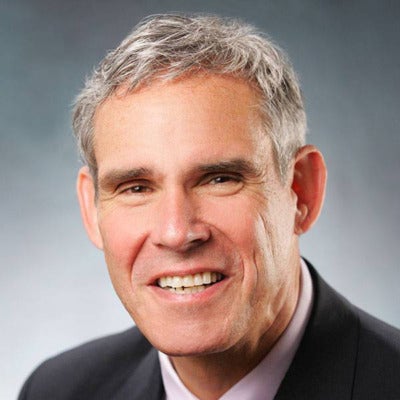
Dr. Eric Topol, M.D., is a cardiologist, scientist, professor of molecular medicine, and the director and founder of Scripps Research Translational Institute. He has led clinical trials in over 40 countries with over 200,000 patients and pioneered the development of many routinely used medications.
This event is the fourth of a four-part series co-hosted by Leaps.org, the Aspen Institute Science & Society Program, and the Sabin–Aspen Vaccine Science & Policy Group, with generous support from the Gordon and Betty Moore Foundation and the Howard Hughes Medical Institute.
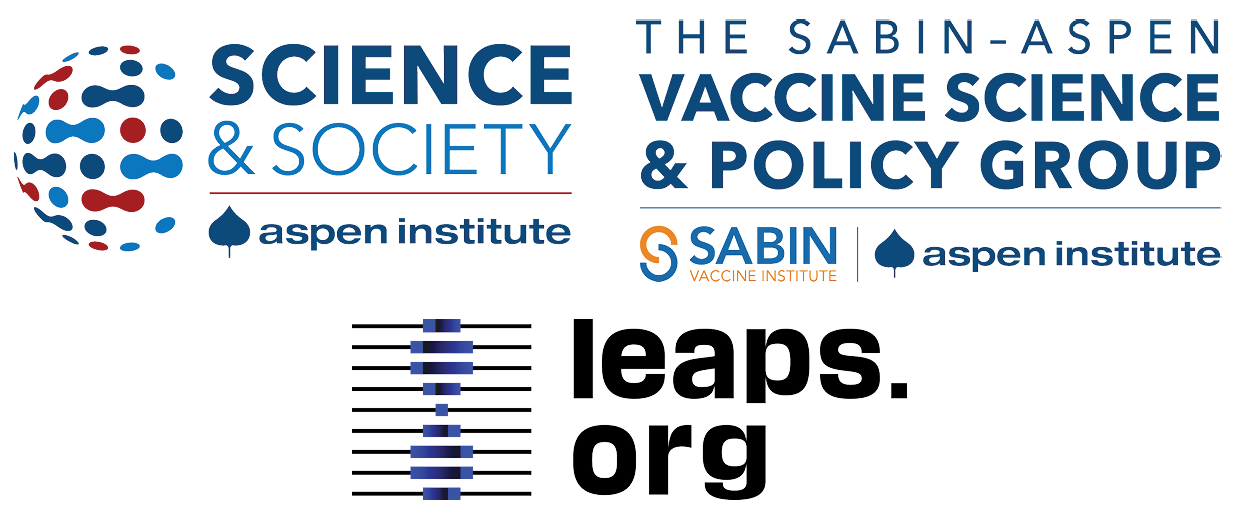
Kira Peikoff was the editor-in-chief of Leaps.org from 2017 to 2021. As a journalist, her work has appeared in The New York Times, Newsweek, Nautilus, Popular Mechanics, The New York Academy of Sciences, and other outlets. She is also the author of four suspense novels that explore controversial issues arising from scientific innovation: Living Proof, No Time to Die, Die Again Tomorrow, and Mother Knows Best. Peikoff holds a B.A. in Journalism from New York University and an M.S. in Bioethics from Columbia University. She lives in New Jersey with her husband and two young sons. Follow her on Twitter @KiraPeikoff.
A brownie cake and whipped cream beckon on a plate.
Imagine eating a slice of cake for breakfast. It's deliciously indulgent, but instead of your blood sugar spiking, your body processes all that sweetness as a healthy high-protein meal. It may sound like sci-fi, but this scenario is not necessarily far off.
"People with diabetes could especially benefit because sweet proteins don't trigger a need for insulin."
The Lowdown
An award-winning agtech startup called Amai is developing "sweet proteins," based on the molecular structure of naturally occuring exotic fruits. These new sugar substitutes could potentially replace artificial sweeteners and help people who are trying to curb their sugar intake. People with diabetes could especially benefit because sweet proteins don't trigger a need for insulin.
While there is a sweet protein currently on the market today called thaumatin, it's expensive, has a short shelf life, and is lacking in the taste department. But Amai's proteins taste 70 to 100 percent identical to the sweet ones found in nature. Once their molecular structure is designed through a sophisticated computing platform, they are made through fermentation, which is akin to brewing beer. These non-GMO proteins are over 10,000 times sweeter than sugar, which means much less needs to be produced and used.
Diseases like diabetes and heart disease, which are often linked to sugar overconsumption, have been on a major upswing over the last few decades, especially in the United States. According to the CDC, 100 million adults in the United States are now living with diabetes or prediabetes, which if not treated, often leads to type 2 diabetes within five years. By 2030, scientists predict cases of diabetes in the U.S. will increase by 54 percent. If sugar proteins like the type Amai is creating become widely available, these numbers could begin to decrease.
Next Up
Amai's sweet proteins are still in the research and development stage, but the Israeli startup is raising significant funding that should help expedite the process. They're also substantially upping their production ability by expanding their facilities.
Will consumers be comfortable ingesting a lab-designed food product?
And in March, the USDA and FDA announced plans to regulate cell-cultured foods, the category in which these sugar proteins would fall, so Amai researchers are hopeful they'll have an easier path to approval once their product is market ready.
Open Questions
All this progress may sound promising, but Amai still has a long way to go before the reality of healthy cake becomes tangible. Some questions to consider: Will consumers be comfortable ingesting a lab-designed food product? Will it taste enough like real sugar?
And if some products and brands begin to adopt it, will it ever overtake the real thing in popularity and make a dent in diseases like diabetes and obesity? Only time, more research, and a lot more money will tell, but in the meantime, feel free to daydream about eating entire pints of ice cream without needing to hit the gym.
One of the World’s Most Famous Neuroscientists Wants You to Embrace Meditation and Spirituality
Sam Harris, the neuroscientist and bestselling author, discusses mindfulness meditation.
Neuroscientist, philosopher, and bestselling author Sam Harris is famous for many reasons, among them his vocal criticism of religion, his scientific approach to moral questions, and his willingness to tackle controversial topics on his popular podcast.
"Until you have some capacity to be mindful, you have no choice but to be lost in every next thought that arises."
He is also a passionate advocate of mindfulness meditation, having spent formative time as a young adult learning from teachers in India and Tibet before returning to the West.
Now his new app called Waking Up aims to teach the principles of meditation to anyone who is willing to slow down, turn away from everyday distractions, and pay attention to their own mind. Harris recently chatted with leapsmag about the science of mindfulness, the surprising way he discovered it, and the fundamental—but under-appreciated—reason to do it. This conversation has been lightly edited and condensed.
One of the biggest struggles that so many people face today is how to stay present in the moment. Is this the default state for human beings, or is this a more recent phenomenon brought on by our collective addiction to screens?
Sam: No, it certainly predates our technology. This is something that yogis have been talking about and struggling with for thousands of years. Just imagine you're on a beach on vacation where you vowed not to pick up your smart phone for 24 hours. You haven't looked at a screen, you're just enjoying the sound of the waves and the sunset, or trying to. What you're competing with there is this incessant white noise of discursive thinking. And that's something that follows you everywhere. It's something that people tend to only become truly sensitive to once they try to learn to meditate.
You've mentioned in one of your lessons that the more you train in mindful meditation, the more freedom you will have. What do you mean?
Sam: Well, until you have some capacity to be mindful, you have no choice but to be lost in every next thought that arises. You can't notice thought as thought, it just feels like you. So therefore, you're hostage to whatever the emotional or behavioral consequences of those thoughts are. If they're angry thoughts, you're angry. If they're desire thoughts, you're filled with desire. There is very little understanding in Western psychology around an alternative to that. And it's only by importing mindfulness into our thinking that we have begun to dimly see an alternative.
You've said that even if there were no demonstrable health benefits, it would still be valuable to meditate. Why?
Sam: Yeah, people are putting a lot of weight on the demonstrated health and efficiency benefits of mindfulness. I don't doubt that they exist, I think some of the research attesting to them is pretty thin, but it just may in fact be the case that meditation improves your immune system, and staves off dementia, or the thinning of the cortex as we age and many other benefits.
"What was Jesus talking about? Well, he certainly seemed to be talking about a state of mind that I first discovered on MDMA."
[But] it trivializes the real power of the practice. The power of the practice is to discover something fundamental about the nature of consciousness that can liberate you from psychological suffering in each moment that you can be aware of it. And that's a fairly esoteric goal and concern, it's an ancient one. It is something more than a narrow focus on physical health or even the ordinary expectations of well-being.
Yet many scientists in the West and intellectuals, like Richard Dawkins, are skeptical of it. Would you support a double-blind placebo-controlled study of meditation or does that miss the deeper point?
Sam: No, I see value in studying it any way we can. It's a little hard to pick a control condition that really makes sense. But yeah, that's research that I'm actually collaborating in now. There's a team just beginning a study of my app and we're having to pick a control condition. You can't do a true double-blind placebo control because meditation is not a pill, it's a practice. You know what you're being told to do. And if you're being told that you're in the control condition, you might be told to just keep a journal, say, of everything that happened to you yesterday.
One way to look at it is just to take people who haven't done any significant practice and to have them start and compare them to themselves over time using each person as his own control. But there are limitations with that as well. So, it's a little hard to study, but it's certainly not impossible.
And again, the purpose of meditation is not merely to reduce stress or to improve a person's health. And there are certain aspects to it which don't in any linear way reduce stress. You can have stressful experiences as you begin to learn to be mindful. You become more aware of your own neuroses certainly in the beginning, and you become more aware of your capacity to be petty and deceptive and self-deceptive. There are unflattering things to be realized about the character of your own mind. And the question is, "Is there a benefit ultimately to realizing those things?" I think there clearly is.
I'm curious about your background. You left Stanford to practice meditation after an experience with the drug MDMA. How did that lead you to meditation?
Sam: The experience there was that I had a feeling -- what I would consider unconditional love -- for the first time. Whether I ever had the concept of unconditional love in my head at that point, I don't know, I was 18 and not at all religious. But it was an experience that certainly made sense of the kind of language you find in many spiritual traditions, not just what it's like to be fully actualized by those, by, let's say, Christian values. Like, what was Jesus talking about? Well, he certainly seemed to be talking about a state of mind that I first discovered on MDMA. So that led me to religious literature, spiritual or new age literature, and Eastern philosophy.
Looking to make sense of this and put into a larger context that wasn't just synonymous with taking drugs, it was a sketching a path of practice and growth that could lead further across this landscape of mind, which I just had no idea existed. I basically thought you have whatever mind you have, and the prospect of having a radically different experience of consciousness, that would just be a fool's errand, and anyone who claimed to have such an experience would probably be lying.
As you probably know, there's a resurgence of research in psychedelics now, which again I also fully support, and I've had many useful experiences since that first one, on LSD and psilocybin. I don't tend to take those drugs now; it's been many years since I've done anything significant in that area, but the utility is that they work for everyone, more or less, which is to say that they prove beyond any doubt to everyone that it's possible to have a very different experience of consciousness moment to moment. Now, you can have scary experiences on some of these drugs, and I don't recommend them for everybody, but the one thing you can't have is the experience of boredom. [chuckle]
Very true. Going back to your experiences, you've done silent meditation for 18 hours a day with monks abroad. Do you think that kind of immersive commitment is an ideal goal, or is there a point where too much meditation is counter-productive to a full life?
Sam: I think all of those possibilities are true, depending on the person. There are people who can't figure out how to live a satisfying life in the world, and they retreat as a way of trying to untie the knot of their unhappiness directly through practice.
But the flip side is also true, that in order to really learn this skill deeply, most people need some kind of full immersion experience, at least at some point, to break through to a level of familiarity with it that would be very hard to get for most people practicing for 10 minutes a day, or an hour a day. But ultimately, I think it is a matter of practicing for short periods, frequently, more than it's a matter of long hours in one's daily life. If you could practice for one minute, 100 times a day, that would be an extraordinarily positive way to punctuate your habitual distraction. And I think probably better than 100 minutes all in one go first thing in the morning.
"It's amazing to me to walk into a classroom where you see 15 or 20 six-year-olds sitting in silence for 10 or 15 minutes."
What's your daily meditation practice like today? How does it fit into your routine?
Sam: It's super variable. There are days where I don't find any time to practice formally, there are days where it's very brief, and there are days where I'll set aside a half hour. I have young kids who I don't feel like leaving to go on retreat just yet, but I'm sure retreat will be a part of my future as well. It's definitely useful to just drop everything and give yourself permission to not think about anything for a certain period. And you're left with this extraordinarily vivid confrontation with your default state, which is your thoughts are incessantly appearing and capturing your attention and deluding you.
Every time you're lost in thought, you're very likely telling yourself a story for the 15th time that you don't even have the decency to find boring, right? Just imagine what it would sound like if you could broadcast your thoughts on a loud speaker, it would be mortifying. These are desperately boring, repetitive rehearsals of past conversations and anxieties about the future and meaningless judgments and observations. And in each moment that we don't notice a thought as a thought, we are deluded about what has happened. It's created this feeling of self that is a misconstrual of what consciousness is actually like, and it's created in most cases a kind of emotional emergency, which is our lives and all of the things we're worrying about. But our worry adds absolutely nothing to our capacity to deal with the problems when they actually arise.
Right. You mentioned you're a parent of a young kid, and so am I. Is there anything we as parents can do to encourage a mindfulness habit when our kids are young?
Sam: Actually, we just added meditations for kids in the app. My wife, Annaka, teaches meditation to kids as young as five in school. And they can absolutely learn to be mindful, even at that age. And it's amazing to me to walk into a classroom where you see 15 or 20 six-year-olds sitting in silence for 10 or 15 minutes, it's just amazing. And that's not what happens on the first day, but after five or six classes that is what happens. For a six-year-old to become aware of their emotional life in a clear way and to recognize that he was sad, or angry…that's a kind of super power. And it becomes a basis of any further capacity to regulate emotion and behavior.
It can be something that they're explicitly taught early and it can be something that they get modeled by us. They can know that we practice. You can just sit with your kid when your kid is playing. Just a few minutes goes a long way. You model this behavior and punctuate your own distraction for a short period of time, and it can be incredibly positive.
Lastly, a bonus question that is definitely tongue-in-cheek. Who would win in a fight, you or Ben Affleck?
Sam: That's funny. That question was almost resolved in the green room after that encounter. That was an unpleasant meeting…I spend some amount of time training in the martial arts. This is one area where knowledge does count for a lot, but I don't think we'll have to resolve that uncertainty any time soon. We're both getting old.
Kira Peikoff was the editor-in-chief of Leaps.org from 2017 to 2021. As a journalist, her work has appeared in The New York Times, Newsweek, Nautilus, Popular Mechanics, The New York Academy of Sciences, and other outlets. She is also the author of four suspense novels that explore controversial issues arising from scientific innovation: Living Proof, No Time to Die, Die Again Tomorrow, and Mother Knows Best. Peikoff holds a B.A. in Journalism from New York University and an M.S. in Bioethics from Columbia University. She lives in New Jersey with her husband and two young sons. Follow her on Twitter @KiraPeikoff.
